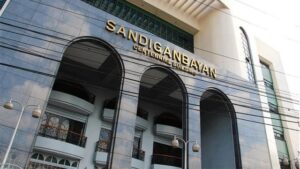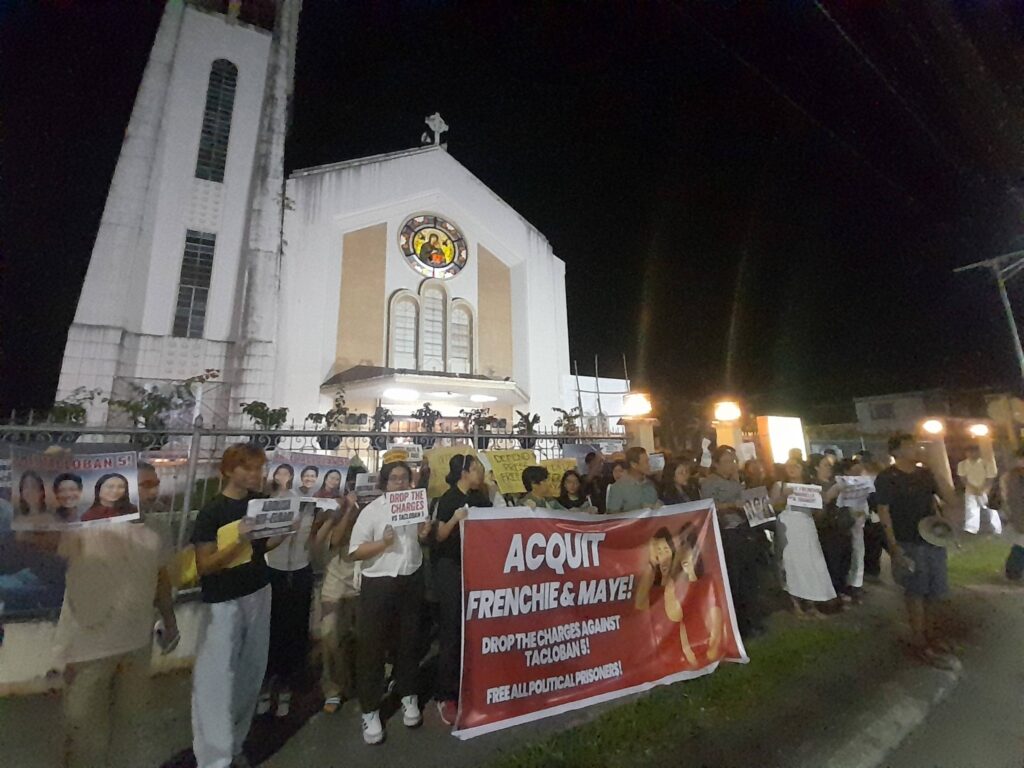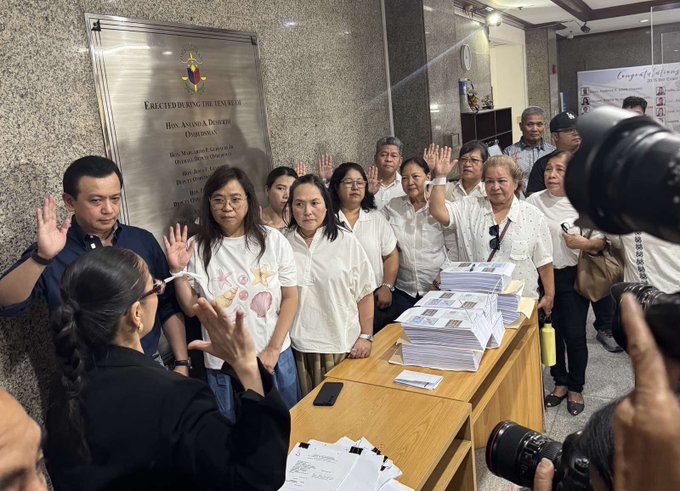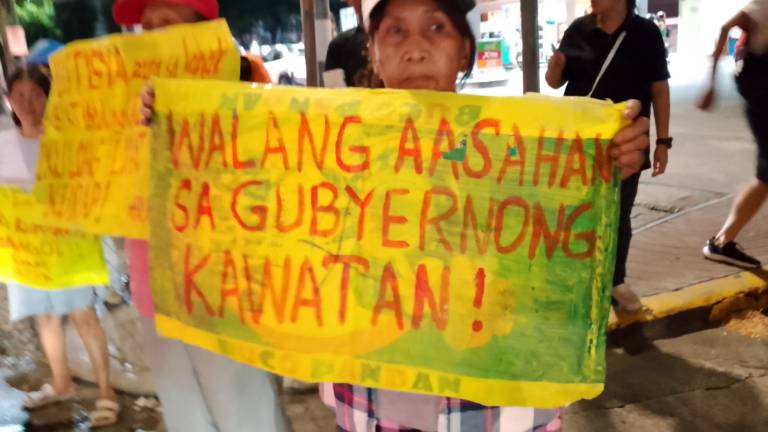📷gmanetwork.com
THE frenzy of clearing cronies of the late former strongman Ferdinand Marcos Sr. continues as the Sandiganbayan dismissed cases against alleged dummies over a P2.4 billion ill-gotten wealth case.
In the 18-page resolution, the anti-graft court’s Fourth Division which litigated the ill-gotten wealth case against Marcos Sr., former First Lady Imelda Romualdez Marcos and Alfredo Romualdez, ruled to junk charges filed in 1987 by the Presidential Commission on Good Government (PCGG) against Olympio Bermudez, Geronimo Velasco, and Emilio Yap.
The case, which involved properties belonging to the Bataan Shipyard and Engineering Company, Inc. (BASECO) and its subsidiaries, accused Bermudez, Velasco, and Yap of acting as dummies, directors, officers, nominees, or agents for corporations controlled by the principal defendants.
The complaint particularly hinted at the interest of the Marcos over BASECO, the Philippine Jai Alai Corp., and the Manila International Ports Terminal, Inc.
Citing insufficiency of evidence, lawyers representing Bermudez, Velasco, and Yap filed a demurrer to evidence for which the court acted on and subsequently dumped the case.
In a ruling penned by Fourth Division Chairperson Associate Justice Michael Frederick Musngi, and concurred in by Associate Justices Lorifel Pahimna and Maria Theresa Mendoza-Arcega, the Sandiganbayan cited weak testimonies of the witnesses as basis.
“The plaintiff Republic of the Philippines only presented two witnesses, Maria Lourdes Magno and Antonio Rolando Eduarte, who are mere records custodians in the PCGG and BASECO, respectively.”
“Magno and Eduarte both testified that they have no personal knowledge as to the contents, preparation, execution, and issuance of the documents subject of their respective testimonies. Clearly, their testimonies are insufficient to prove the charges in the Amended Complaint,” reads part of the Sandiganbayan resolution.
Magno is the chief administrative officer of the PCGG’s Library and Records Division, while Eduarte is the administrative officer of BASECO.
Citing Original Document Rule being observed by the judiciary, the Court also rejected PCGG’s exhibits, which according to the court were all xerox copies.
“The plaintiff was not able to prove by preponderance of evidence that defendants Bermudez, Velasco, and Yap, by themselves and/or in unlawful concert and active collaboration with defendants Alfredo T. Romualdez, Ferdinand E. Marcos, and Imelda R. Marcos, planned, schemed, and devised strategies to unlawfully and unjustly enrich themselves at the expense of the plaintiff and the Filipino people,” the resolution stated.
It also noted that there was a failure to establish Bermudez, Velasco, and Yap as dummies of the principal defendants.
“The plaintiff simply stated in its Comments that the defendants exerted significant influence and control within the corporations and had access to internal documents and transactions, making it highly improbable that they did not act as nominee, dummy, or agents of defendants Romualdez and spouses Marcos. This assumption, however, has to be backed by competent evidentiary substantiation,” the document pointed out. (ANGEL F. JOSE)




